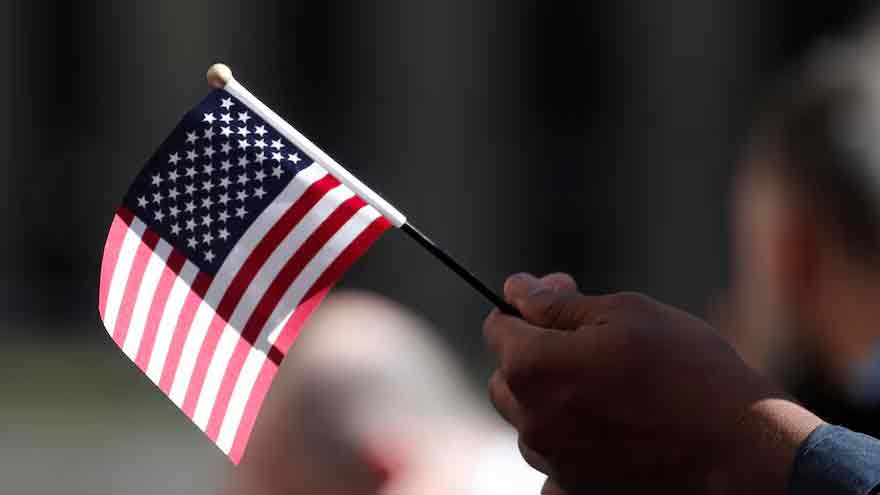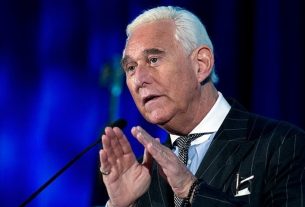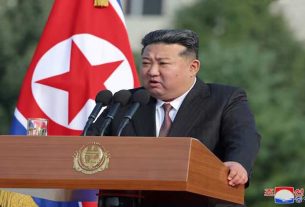SAN FRANCISCO/WASHINGTON (Pakistan Post Canada) – The Trump administration announced on Friday that it plans to charge companies $100,000 per year for each H-1B visa, a move that could severely impact the U.S. technology sector, which relies heavily on skilled foreign workers, particularly from India and China.
Since taking office in January, President Trump has rolled out a broad immigration crackdown, with the H-1B overhaul marking the administration’s most high-profile effort to reshape temporary employment visas.
“If you’re going to train somebody, train Americans. Stop bringing in people to take our jobs,” said U.S. Commerce Secretary Howard Lutnick.
Industry Reaction
The plan sparked immediate backlash from the tech industry, which has been a major user of the program:
- Elon Musk, Tesla CEO and former Trump ally, defended H-1B visas as essential for filling talent gaps. Musk himself previously held an H-1B visa.
- Menlo Ventures partner Deedy Das warned that high fees would deter global talent and damage U.S. competitiveness.
- Analysts suggested companies may shift operations overseas, potentially hurting America’s edge in the artificial intelligence race with China.
Shares of IT services firms Cognizant, Infosys, and Wipro fell between 2–5% following the announcement.
Visa Program Details
- The U.S. issues 65,000 H-1B visas annually, with an additional 20,000 reserved for advanced degree holders.
- India accounts for the majority of beneficiaries (71%) while China is second (11.7%).
-
In the first half of 2025:
- Amazon/AWS secured over 12,000 approvals
- Microsoft and Meta each received 5,000+ approvals
Currently, applying for an H-1B visa costs only a few thousand dollars. The new plan would push the total cost into the hundreds of thousands per worker, as Lutnick said the $100,000 fee would apply for each of the visa’s three years.
Legal Questions & Immigration Shift
Immigration advocates questioned the legality of the proposed fees, noting that Congress has only authorized cost-recovery fees.
In a separate move, Trump also signed an executive order to create a “gold card” residency program, granting U.S. permanent residency to individuals who can pay $1 million.



